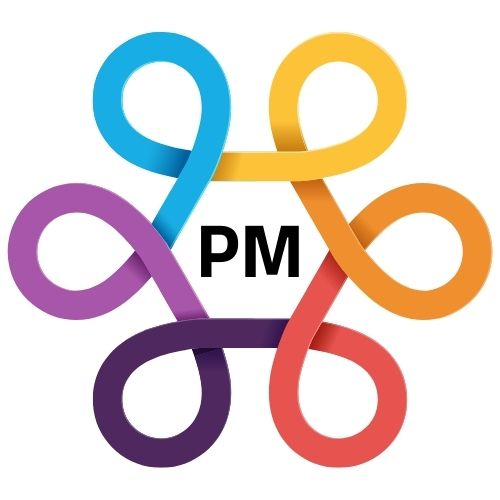Content Marketing Tips for Boosting SEO Rankings

Content Marketing Tips for Boosting SEO Rankings...
In today's digital landscape, content marketing and SEO are inextricably linked. Creating valuable, engaging content is not just about attracting an audience; it's also a powerful driver of search engine rankings. By strategically aligning your content marketing efforts with SEO best practices, you can significantly boost your online visibility and drive organic traffic. Here's how:
1. Understand Your Audience and Their Search Intent:
- Keyword Research with Context: Go beyond basic keyword research. Delve into the "why" behind search queries. Understand the user's intent: are they looking for information, products, or solutions?
- Create Buyer Personas: Develop detailed buyer personas to understand your target audience's needs, pain points, and search behavior. This will help you create content that resonates with them.
- Map Content to the Buyer's Journey: Align your content with each stage of the buyer's journey, from awareness to decision. This ensures you're providing relevant information at every touchpoint.
2. Produce High-Quality, E-E-A-T-Focused Content:
- Focus on Expertise, Experience, Authoritativeness, and Trustworthiness (E-E-A-T): Search engines prioritize content that demonstrates these qualities. Ensure your content is accurate, well-researched, and from credible sources.
- Create Comprehensive Content: Long-form, in-depth content that thoroughly addresses user queries tends to perform better in search results.
- Utilize Multimedia: Incorporate images, videos, infographics, and other multimedia elements to enhance engagement and provide a richer user experience.
- Originality is Key: Avoid duplicate content and prioritize creating original, unique, and valuable content.
3. Optimize Content for Search Engines:
- Strategic Keyword Placement: Integrate relevant keywords naturally into your content, including titles, headings, and body text. Avoid keyword stuffing.
- Optimize Meta Descriptions and Title Tags: Craft compelling meta descriptions and title tags that accurately reflect your content and entice users to click.
- Use Header Tags (H1, H2, H3, etc.): Structure your content with header tags to improve readability and help search engines understand the hierarchy of your content.
- Optimize Images and Videos: Use descriptive file names, alt text, and captions to optimize your multimedia content for search.
- Internal Linking: Create a network of internal links within your website to improve site navigation and distribute link equity.
4. Leverage Content Formats for SEO:
- Blog Posts: Regular blog posts allow you to target long-tail keywords, provide valuable information, and establish your expertise.
- Videos: Video content is highly engaging and can improve your search visibility. Optimize your videos for search by using relevant keywords and creating compelling titles and descriptions.
- Infographics: Infographics are visually appealing and shareable, making them excellent for link building and social media promotion.
- Podcasts: Podcasts are gaining popularity and offer a unique way to connect with your audience and improve your SEO.
5. Promote and Distribute Your Content:
- Social Media Marketing: Share your content on relevant social media platforms to reach a wider audience and drive traffic to your website.
- Email Marketing: Promote your content to your email subscribers to generate leads and drive engagement.
- Guest Blogging: Contribute guest posts to authoritative websites in your industry to build backlinks and establish your expertise.
- Content Syndication: Distribute your content to relevant online publications to increase your reach and visibility.
6. Analyze and Measure Your Results:
- Track Key Metrics: Monitor key metrics, such as organic traffic, keyword rankings, and engagement rates, to assess the effectiveness of your content marketing efforts.
- Use Analytics Tools: Utilize tools like Google Analytics and Google Search Console to gain insights into your website's performance and identify areas for improvement.
- Adapt and Refine Your Strategy: Regularly analyze your results and adapt your content marketing strategy based on what's working and what's not.
Key Takeaways:
- Content marketing and SEO are intertwined.
- Understanding user intent is crucial.
- E-E-A-T is paramount for content creation.
- Optimize your content for both users and search engines.
- Promote and distribute your content effectively.
- Analyze and measure your results to refine your strategy.
By implementing these content marketing tips, you can create a powerful SEO strategy that drives organic traffic, improves your search engine rankings, and ultimately boosts your business's online visibility.
